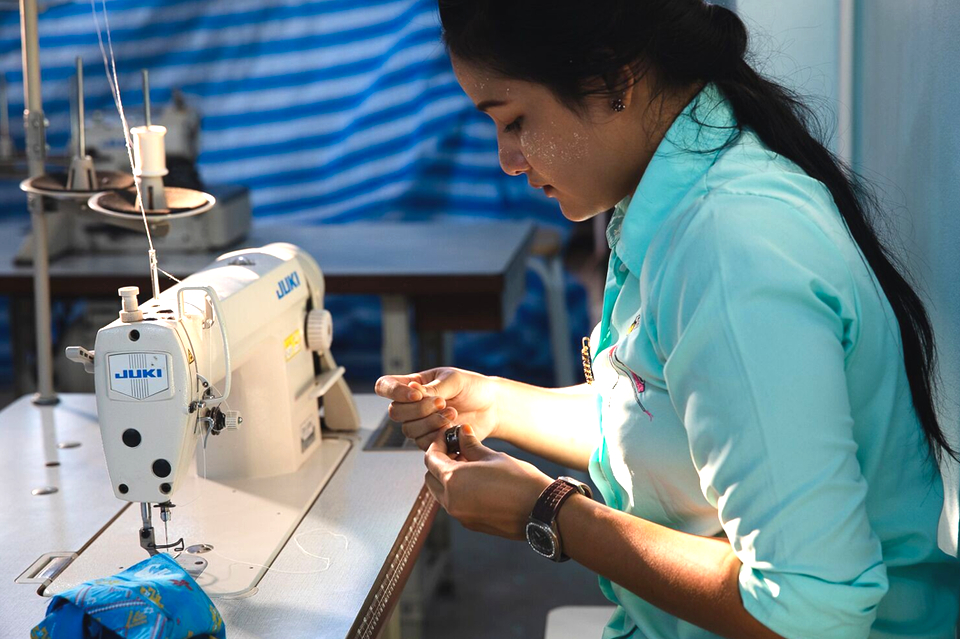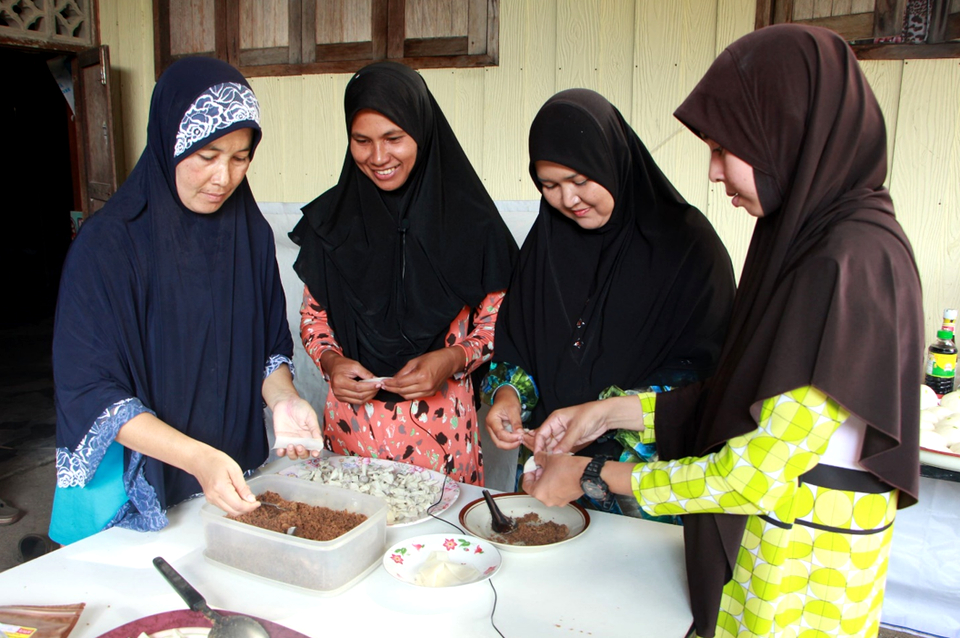Women’s Economic Empowerment

UN Women in Thailand works with local partners to empowers women as key drivers for in preventing and ending human trafficking, exploitation and gender-based violence in border communities, applying a gender-responsive approach. The lack of documentation, gender norms, and limited skill set required by employers are still the main obstacles preventing migrant women to participate in labour market. Women migrants tend to find a home-based job that allow them to work while taking care of their family. This was achieved through capacity building, vocational skill trainings and awareness raising as well as provision of sensitive services including employment and empowerment opportunities to reduce the vulnerabilities that enabled human trafficking and exploitation. Equipped with skills, women migrants are employed with higher wages.

UN Women supports economic and livelihood initiatives for women in conflicts-affected communities in the Southern Border Provinces to promote community dialogues of women and community leaders and livelihoods schemes to promote social cohesion in communities. A series of training workshops, peer-to-peer knowledge transfer and networking on economic empowerment and livelihood were conducted for women. With increased knowledge and skills, women have transformed their roles from vulnerable to agent of change and peace communicators to promote social cohesion and take initiatives in communities at risks.
Through WeEmpowerAsia, UN Women has strengthened private sector engagement to promote women’s economic empowerment, including business opportunities and leaderships among women in Asia. In Thailand UN Women partners with ASEAN Women Entrepreneurs Network (AWEN), National Women’s Machineries and leading private sector companies in promoting Women Empowerment Principles (WEPs) in private sector promote to women’s economic empowerment with a focus on gender-sensitive business culture and practices.